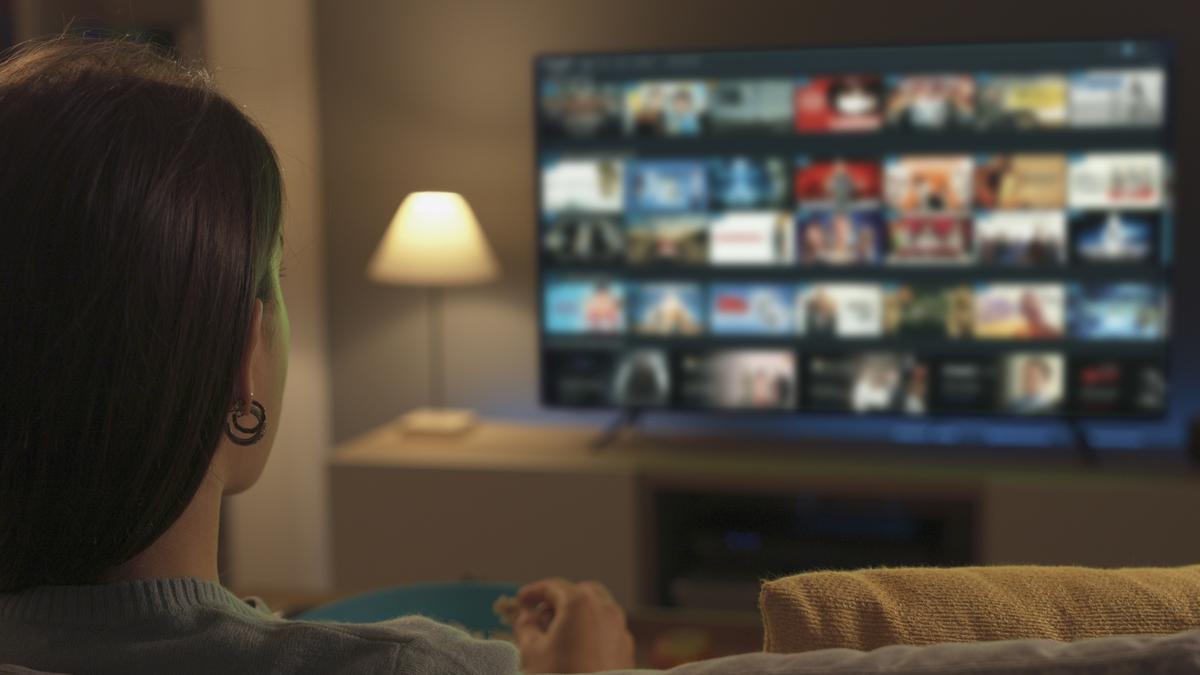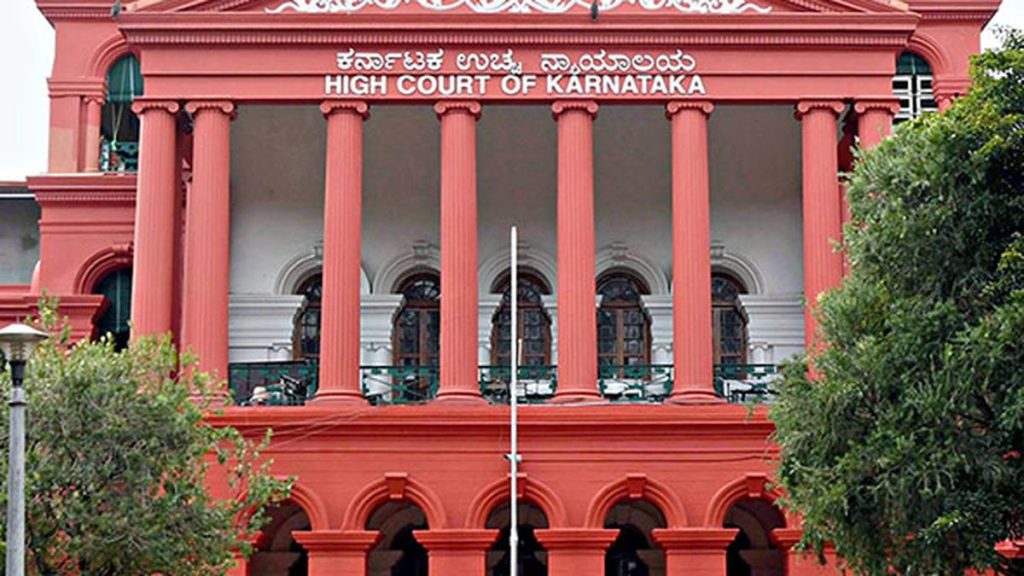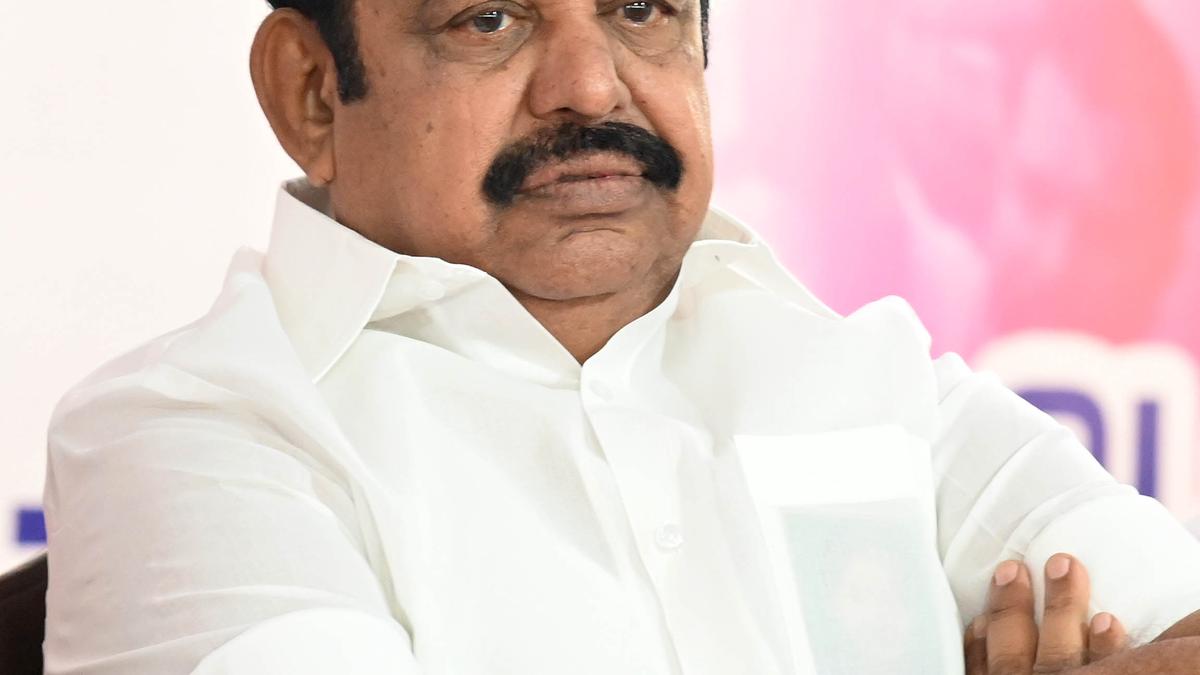Now Reading: Should India Regulate Commercial Speech on Digital Platforms?
-
01
Should India Regulate Commercial Speech on Digital Platforms?
Should India Regulate Commercial Speech on Digital Platforms?

Quick Summary
- On August 25, 2025, the Supreme Court of India directed the Union government to draft guidelines regulating social media platforms.
- The court emphasized consultation with the National Broadcasters and Digital Association while framing regulations.
- The directive came in response to allegations against comedians for derogatory remarks about individuals with Spinal Muscular Atrophy in a YouTube skit titled India’s Got Latent.
- Legal experts Apar Gupta and Jay Vinayak Ojha debated potential regulatory implications and constitutional aspects regarding free speech limits under Article 19(2).
Key Points from Experts:
- Existing Legal Mechanisms: FIRs already filed under Maharashtra’s laws, Bharatiya Nyaya Sanhita (2023), and IT Act (2000) signify that legal recourse exists without new regulations.
- Free Speech vs Dignity Protection: Dignity is not a constitutionally recognized basis for restricting speech unless tied to existing categories like defamation or morality.Courts do possess inherent jurisdiction for “complete justice”.
- Commercial Speech Debate: Stand-up comedy’s monetized nature does not inherently demand regulation, as commercial expression falls under Article 19(1)(a). Past judgments emphasize access to data over profit-driven considerations.
- Judicial Polyvocality Risks: suggestions by coordinate Benches could blur institutional lines if courts influence regulation drafting directly through executive orders.
- Safeguards Needed: Transparent review systems and stakeholder diversity must underpin any regulation framework.
Indian Opinion Analysis
The Supreme Court’s involvement in regulating social media ostensibly aims to balance free speech with societal sensitivities toward marginalized groups such as differently abled persons-a critical issue in India’s multicultural democracy. However, legal experts argue that current statutes like the IT Act already provide mechanisms for addressing offensive content, questioning the necessity of additional guidelines.
Imposing restrictions based solely on dignity risks venturing into subjective interpretations vulnerable to misuse; broader censorship concerns arise when institutions arbitrate acceptable forms of public discourse without precise parameters or proportional checks.
Moreover, framing new regulations propelled by isolated incidents carries risks of overreach-perhaps chilling creative professions like comedy or satire-which are integral cultural spaces fostering reflection on societal disparities through humor.
Stakeholder inclusion must translate into practices prioritizing clarity over opacity seen in past takedown regimes under indian cyberspace laws-a crucial safeguard against arbitrary blocking impacting citizens’ digital rights.
Future implications hinge on whether drafted guidelines will uphold democratic freedoms enshrined in Article 19(1)(a) while responsibly advancing dignity protections-both vital tenets needing careful equilibrium amid India’s evolving digital landscape.























